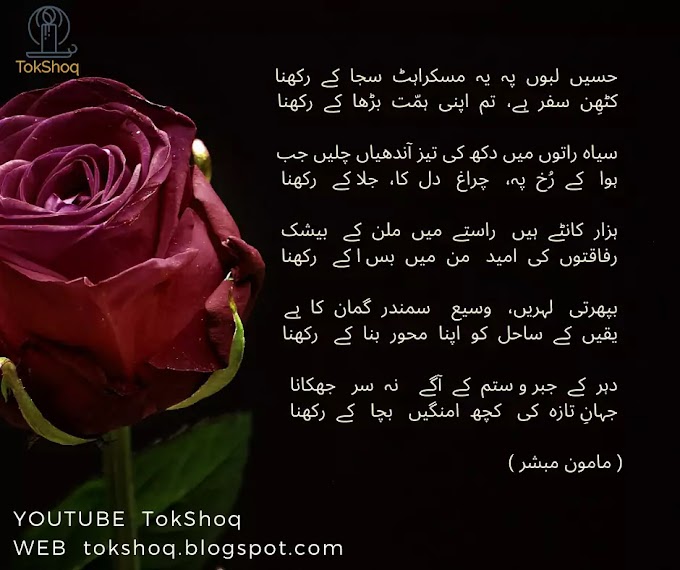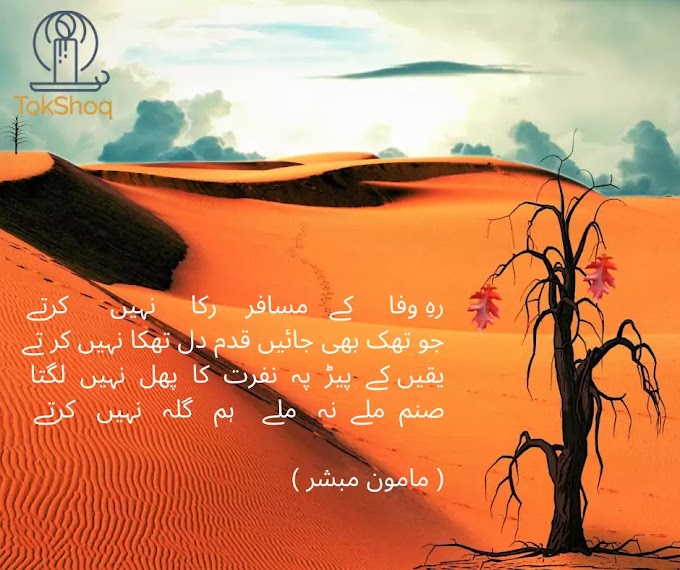As we strategize for future, it is prudent to also look in the rear view mirror to understand how we got here.
Pre-Corona
Bliss and the Upheaval
I feel that, owing to the widespread
use of Antibiotics, vaccines and the like in the latter half of the 20th
century, there was a sense of assuredness in our generation that our ways of
life could go on unabated come what may. The successful damage control measures
during the recent outbreaks of Ebola, SARS etc helped reinforce this notion. It
is evident across most of our collective affairs including various financial
contracts, agreements etc. So for example we do not find clauses (in agreements)
or insurance instruments for that matter, which can account for such instances.
A tiny virus not only turned this false sense of security on its head but also suddenly paralyzed our lives and livelihoods across the world.
It is needless to say that, to
our surprise, a tiny virus not only turned this false sense of security on its
head but also suddenly paralyzed our lives and livelihoods across the world.
For many, the first instinctive reaction has been to find a way to somehow
evade its ramifications in as far as it concerns them. It is a bit NIMBYian
(not in my backyard) in the sense that I can be fine as long as I, my family,
my job/work etc can circumvent the upheaval.
I would like to argue however
that this attitude muddies the waters further, for us collectively during the
pandemic onslaught, not just in terms of the spread of the infection but also other
related affairs.
Is it possible to stay
unaffected in isolation?
Consider this Jataka tale.
King Shibi and the Dove
One fine day the generous King Shibi is sitting in the terrace of his palace. Suddenly a dove flies straight into his lap, and pleads for refuge. Soon after, a hungry hawk arrives that has been chasing after the dove (for food), and demands for it (the dove). The king refuses to do so as he has granted the dove protection out of his generosity and mercy. The hawk reiterates that it is starving, and not only the hawk, but also its entire family (waiting anxiously for food) would soon die unless it is provided with the food. Questions are debated: Should another dove (or some other animal for that matter) die to save this particular dove? What about tomorrow and the day after? Eventually the generous king Shibi offers his own flesh to solve the complicated problem.
No one can find a perfect shield while everyone else around continues to bear the brunt of harsh times.
Scales are brought to weigh as much flesh as would be needed to satiate the hawk. However scales do not seem to balance no matter how much flesh is offered. This tale highlights the limits of generosity, and how everyone needs to chip in with some sacrifice in order for life to continue on. No one can find a perfect shield while everyone else around continues to bear the brunt of harsh times. The story also underpins that rulers and governments cannot fulfill our expectations to the point of doing away with our pains and sacrifices altogether.
So what can be done, if anything?
Consider this (from Homer's Odyssey).
Odysseus and the Winnowing Oar
Tiresias instructs Odysseus to
take an oar from his ship and walk inland until he finds a land that knows
nothing of the sea. It is pertinent to mention here that sea and activities
around sea are his strengths (comfort zone). His life habits, skills etc are
structured around sea. The unfamiliarity in the new land ought to be so
profound that his oar is mistaken for a winnowing fan. It is here (in this new
land) that he has to offer sacrifice, and then at last his journeys (exile)
would be over. Once Odysseus returns to Ithaca, he will again be able to employ
all his old habits, strengths etc (around the sea).
Corona-Afflicted
Temporary ‘New-Normal’
I would like to argue that Coronavirus crisis has brought us to this new land, and our first reaction has been to protect the dove of our old habits, ways-of-life etc . I would like to argue that our Pre-Corona habits, strengths, structures, skills etc ought to be re-visited. We ought to take stock of the changed circumstances and re-imagine our ways-of-life in a way so as to mitigate the questions posed by the testing nature of these times.
Can we temporarily tweak our strategy from the incentive of 'maximizing the gains' to 'minimizing the damages'?
However it is easier said than done as old habits die hard. As the citizens of modern nation states, we get trained (culturally) to act as cost-benefit weighing, profit-loss calculating, self-interested individuals -- each striving to maximize its share of the pie while the pie grows (on the whole). However it is a different ballgame when the pie is shrinking all across as is the case now a days. Can we temporarily tweak our strategy from the incentive of 'maximizing the gains' to 'minimizing the damages'? If we are to strategize with the end-goal of preserving the economic ecosystem (which produces the pie), it requires us to focus more on sacrificing for the sake of all (collective whole). In some ways it will require a new and temporary 'social contract' (among citizens) to get past this temporary corona-afflicted temporary ‘new- normal' so to speak. Though I think this crisis will affect our thought-processes well beyond the short-term adjustments.
How to Get Through These Times?
Let us revisit the tendency of
doubling-down on old strengths, habits etc. It comes natural to try and do more,
during a crisis, of what has been learnt and practiced over time. While there are
considerable exceptions of adjustments, we see more instances of this urge (to
do more of the same) manifest itself not only in individuals/entities but also
in the responses of governments and officials. For example, many stimulus packages etc are
designed with the view of seeing the dove through to the other end of this
crisis 'as is'. These tactics have their own benefits especially in the
short-term. However no one knows how long this uncertainty will last. So alternatively
if people (and entities) could agree to revisit their rights and responsibilities with regard to one another on a broad scale, the pain might lessen.
Can leaderships devise new strategies in the midst of a crisis of this magnitude?
Is it feasible though? Can leaderships
devise new strategies in the midst of a crisis of this magnitude? I would like
to argue that everything is not structured around the principle of 'maximizing the
gains' in the current scheme of things. We also have robust democratic systems functioning
with a view to ' minimize the damages'. As to the second question, if anything
crises are the times that motivate visionaries to come up with innovative and
out-of-the-box solutions.
Can the owl of Minerva spread its wings 'before' dusk? Especially in the event that we are trudging along a 'long' day!
This Urdu poem (with English translation) of mine presents the above mentioned times and thoughts in a condensed poetic form.
How has this economic impact (of Coronavirus) affected your life and what do you think about the ideas presented when it comes to dealing with those issues?






0 Comments